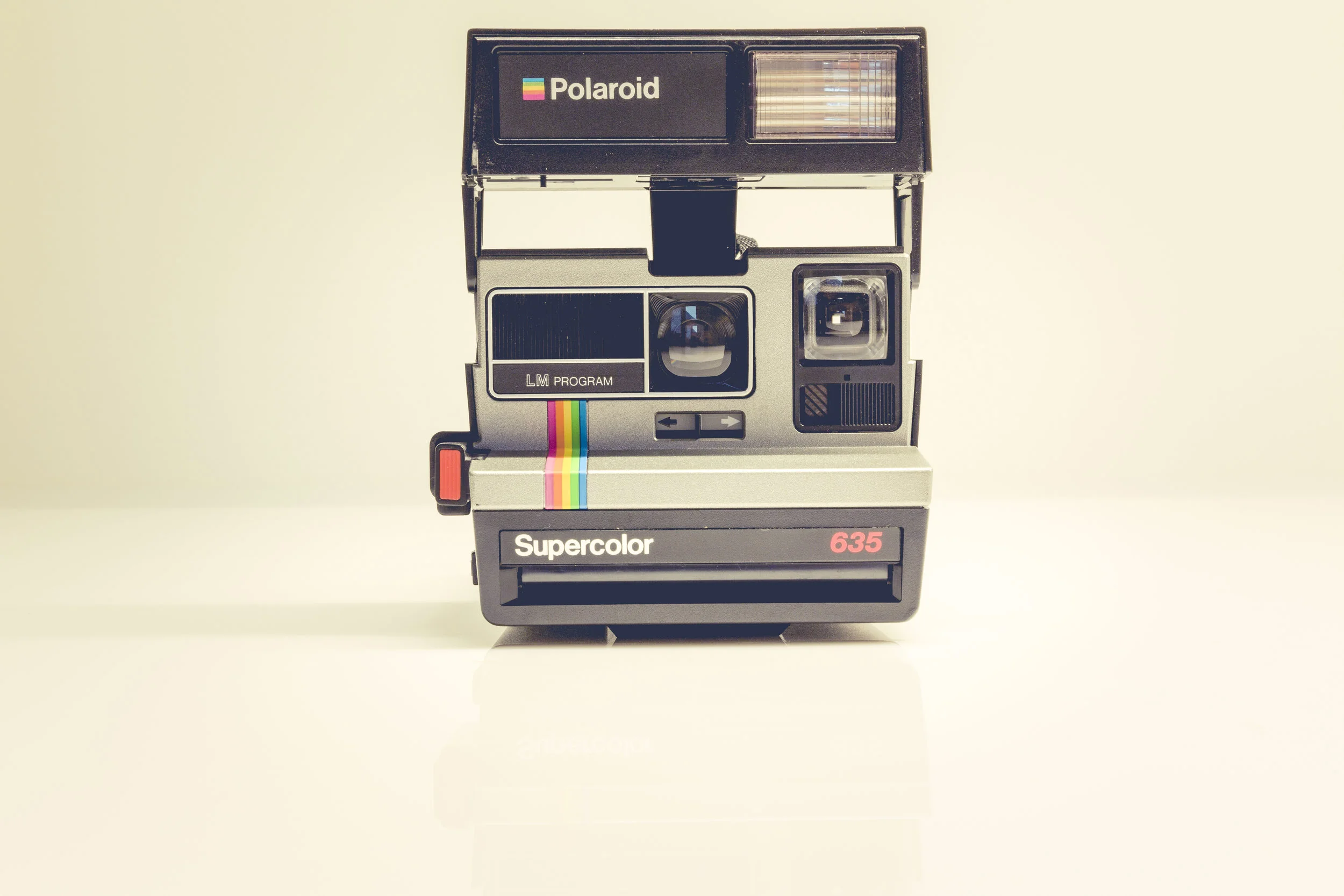Feature, Product or Business?
Can you name five contestants from the Idol franchise?
Which ones come to mind?
I bet you remember the original winners and runners up, like Kelly Clarkson, Adam Lambert or Guy Sebastian.
You might also remember the most recent winner, but can you name one from 2012?
What about five contestants from the Got Talent franchise?
I bet you’re thinking of the powerful three-minute YouTube clips that went viral; the surprise performances, the tearful judges or the crowd giving a standing ovation.
But can you name the performer?
Do you know what they’re up to now?
The problem with reality television is that its purpose changed over time.
At first, they wanted genuine talent, and they found it, launching many careers.
But then the goalposts shifted, and the aim became creating viral, shareable content.
In other words, be remarkable within 15 seconds or I’m closing the video.
That led to the discovery of many, many interesting performers, whose work may well have over one hundred million views.
But they didn’t make careers out of it.
That’s because being a consistently original artist doesn’t mean you create interesting little clips.
And what makes for a great clip doesn’t make for a good two hour show in an arena.
Image Credit: Instagram @nmccarthypiano
Nicholas McCarthy saw this coming.
Nicholas is an unbelievably talented pianist, especially when you consider that he only has one hand.
On Tim Ferriss’ fantastic podcast and book Tools of Titans, he revealed his decision to NOT go on a talent show:
“It was what my teacher at the time said: ‘You don’t want to become a gimmick.’
Especially with all the TV talent shows, which were just coming about then.
It was at the start of Britain’s Got Talent…I’m so relieved I took her advice, because I would have been that gimmick who maybe made a quick buck over two years, but I certainly wouldn’t have the respect I have now as a pianist, and I certainly wouldn’t have had the career I’ve had to date and that I look forward to continuing until I’m in my 60’s”
Marketing is how you broadcast your value, rather than measure your success.
The best entrepreneurs want to create something wonderful, not attract likes and retweets.
Those are nice, but they’re a product of the goal, rather than the goal itself.
Mark Cuban does a great job of calling this out on Shark Tank.
He’ll often say that he think the entrepreneur has a feature, not a product.
Other times it’s a product but not a business.
Subtle terminology, with a huge impact.
A feature not a product is when the entrepreneur has a novel twist or improvement over an existing competitor.
This is good, but not enough for a customer to make a change from what they’re currently using.
Think of iPhone apps.
You might have once installed iTorch, an app that activated the camera’s flash to help you see in the dark.
Great idea, so great that Apple incorporated it as a feature of the phone.
Game over for iTorch.
The same thing happened with a lot of paid photography apps, and even the spirit level – all replaced by parts of the iOS.
Features, not products.
Competitive advantage is fleeting.
Novelty gets your foot in the door, but what are you going to do next?
We need to stay ahead of our customers’ wants and needs, or else get overtaken by larger players.
Alternatively, you may have a winning product, but it won’t automatically translate into a winning business.
Look at GoPro, fantastic product and a household name.
But in the last five years, there hasn’t been a radical innovation, rather a series of incremental improvements.
People love the camera, but the stock price has plummeted.
There are fears that FitBit will do the same.
Customers love the wristband, but there’s no indication that FitBit as a business will be around in five years time.
You could argue that 3D movies are a fad, especially as there are no more companies producing 3D TVs.
We all thought Avatar was the beginning of a huge industry, but it turned out that Avatar was the 3D experience.
Audiences had three fun hours, but that satisfied our curiosity.
What we really want is great content – which businesses like Netflix and Amazon were quick to provide.
An average movie when converted into 3D does not become a fantastic experience.
That’s the problem with innovation – too often it starts from the perspective of “what product would make for a great Kickstarter video?”
Instead, it has to start from a deep understanding of your customer, their frustrations and aspirations.
Then and only then, you can build things for those wants and needs.
Insight allows you to create solutions before customers thought to ask for them.
A single insight can create a feature, but it takes a stream of insights to create a business.
Which one describes your idea?













